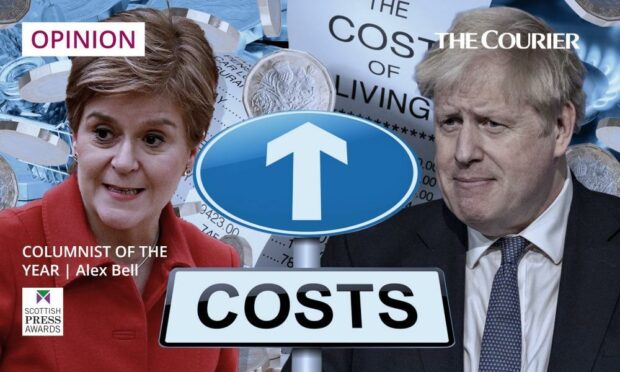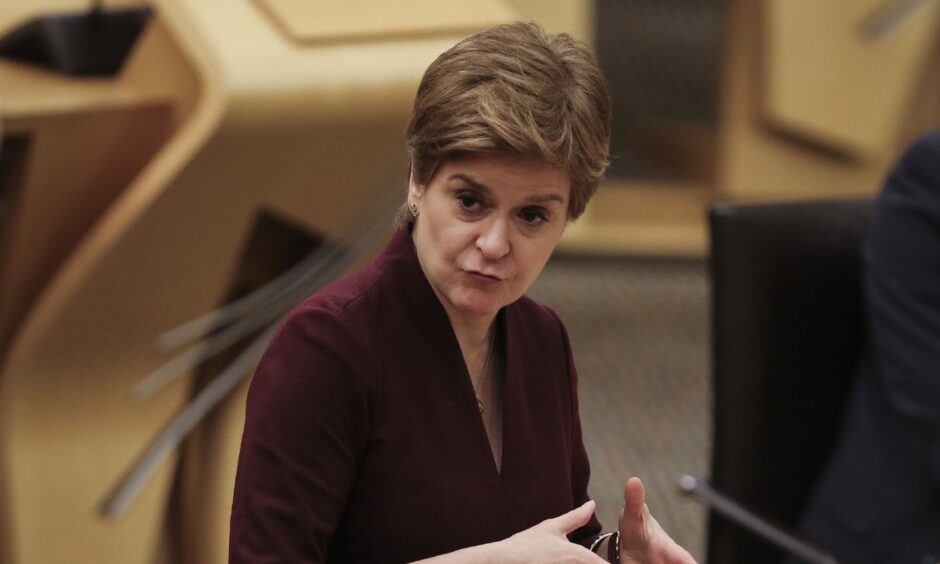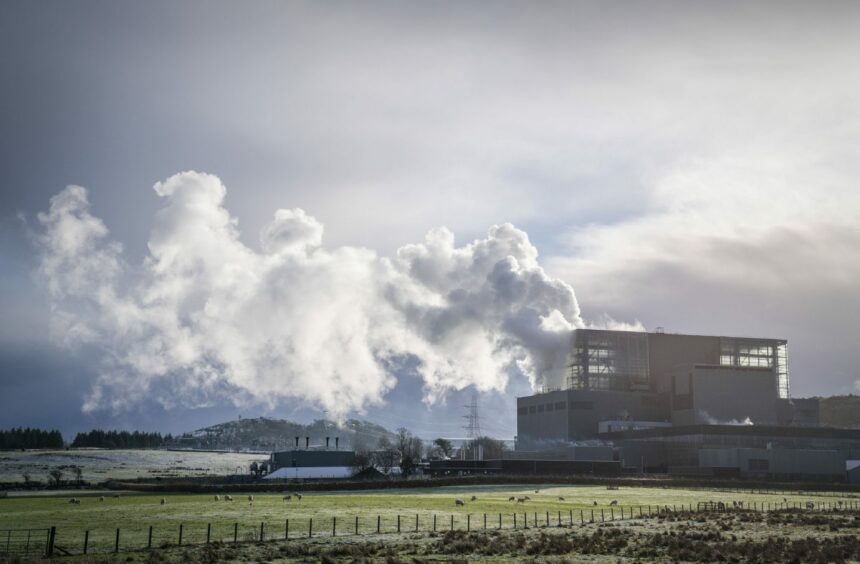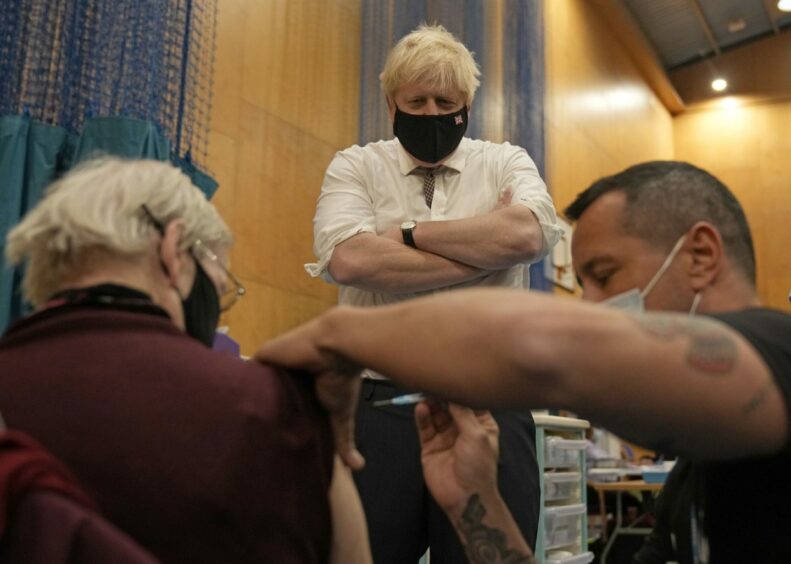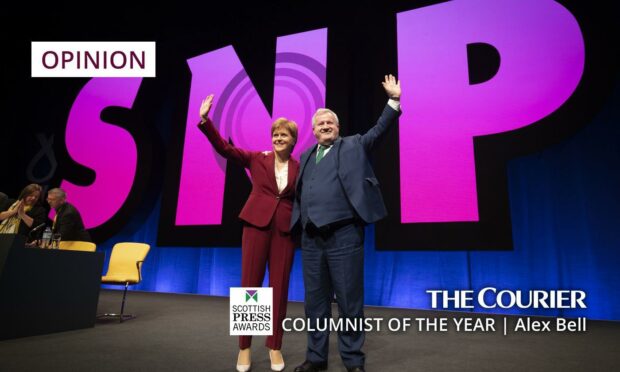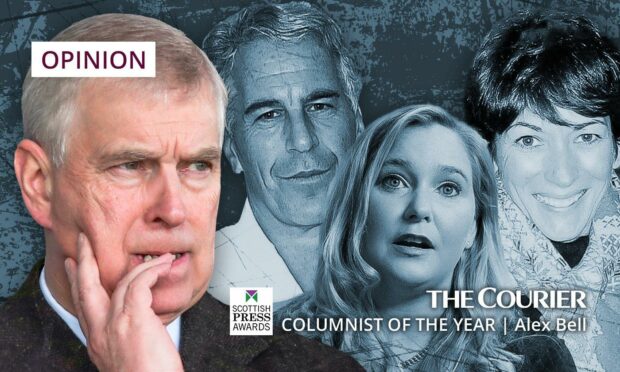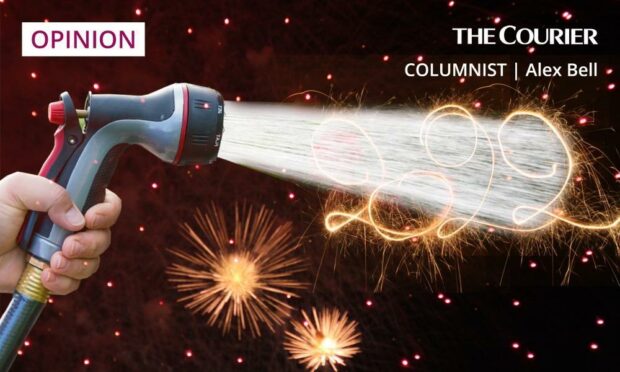Remember all the hopey hopey stuff prompted by the pandemic. After lockdown we would rise again better.
“When things come apart – when the kaleidoscope of our lives is shaken – there is an opportunity to see them put back together differently,” said an unusually poetic Nicola Sturgeon in April 2020.
“And we can start to think together, and work together, to decide the kind of Scotland we want to emerge from this crisis”.
It makes you weep that such dreams are expressed by a government that has done so little to act upon them, but such is the melancholy at the heart of Scottish politics.
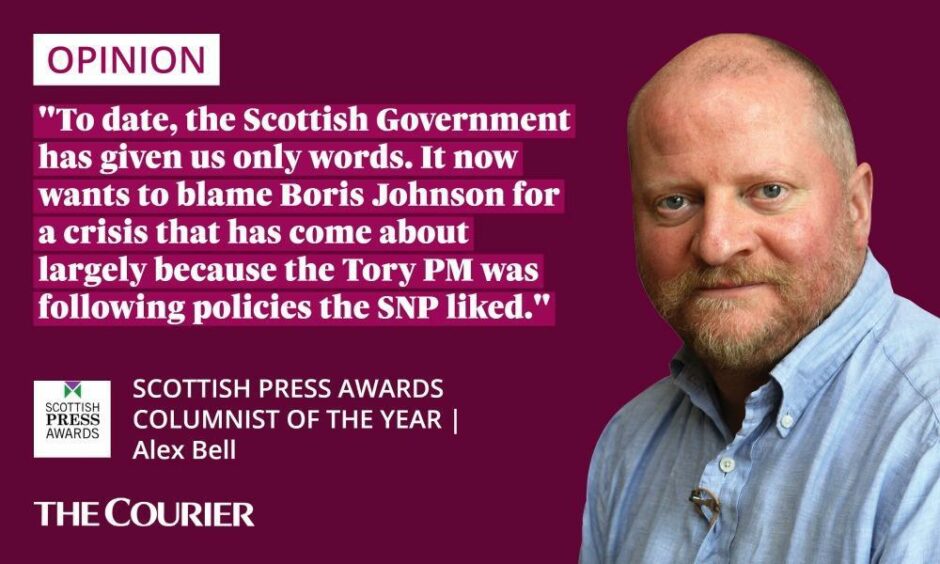
As we look to rise from the torpor of Covid, the tune has reverted to something more mundane.
The SNP’s shadow treasury spokesperson Alyson Thewlis said this week “Ordinary families are bearing the brunt of a cost-of living crisis.”
Since the Resolution Foundation published a report saying the average family might see a £1,200 rise in the cost of electricity, food prices and tax this year, the price of living in post-Brexit, post-Covid Britain has become a hot topic.
The crisis is real.
The increase in National Insurance to pay for NHS improvements and a nascent National Care Service affects all taxpayers equally.
The UK faces a #CostOfLivingCrisis with fuel bills set to soar this spring.
People & businesses who are already struggling now face even greater hardship, yet the Chancellor continues to remove support while promoting policies to benefit his rich pals. pic.twitter.com/XrIKoF4AHf
— Alison Thewliss 🧡 (@alisonthewliss) January 11, 2022
The same applies to increasing electricity bills – when the standard rate increases it affects rich and poor alike.
Petrol prices do not discriminate between the battered family car and the Ferrari, while the price of food goes up across the board, regardless of how wealthy the shopper.
However, better off families have saved up billions during the crisis.
One estimate puts it at nearly £200 billion.
Tories aren’t to blame for this crisis
It might be unpleasant to pay more, but many households can afford it.
The crisis is not universal.
While the middle class have been saving, the poor have been losing.
Lower income households have lost out on income and used up savings to survive.
Thus what looks like a circumstantial problem is the latest example an age-old one. The wealth gap.
However, the SNP have dropped ideas about correcting structural injustice, as alluded to by Sturgeon at the beginning of lockdown, and have decided the problem lies elsewhere.
Unsurprisingly, it’s the Prime Minister’s fault.
Thewlis describes it as an issue “which Boris Johnson’s government is doing nothing about”, while her colleague shadow Finance Secretary Richard Thomson MP rails against the “Tory-made cost-of-living crisis”.
The problem with the SNP’s latest campaign is that it doesn’t fit into the “Scotland good – Westminster bad” trope.
At least Boris has a way to pay for a national care service
Johnson championed the increase in National Insurance for a national care service.
A blunt tool, but at least the job of building a care service was notionally started.
Policy wonks have called for state provided care for decades.
So have the SNP.
🗳 If re-elected, the SNP will deliver a National Care Service for Scotland:
👨🦳 Abolishing charges for non-residential care, supporting people’s right to independent living.
💷 And introducing a National Wage for carers, better reflecting the value of their work. #BothVotesSNP pic.twitter.com/W5XiOWLXq4
— Ross Colquhoun (@rosscolquhoun) March 27, 2021
In August last year Nicola Sturgeon’s government issued a consultation for a national care service.
To date, she has not said how it will be paid for.
Blaming Boris for getting the same policy started seems a bit rich.
The rise in electricity cost has many factors, but a significant one is the switch from coal and nuclear to renewables.
Our bills are getting larger to pay for a greener future.
Again, the impact is felt more by some than others, but a First Minister who attended COP26 in her home town can’t object.
The 2019 SNP manifesto says “we are committed to…opposing new nuclear power plants and prioritising investment on cleaner, cheaper forms of electricity generation.”
The consequence of that policy is higher bills.
Hypocrisy of a high order is at play here.
Council tax rise will spark another crisis
Worse, the SNP might be responsible for the biggest cause in Scottish households feeling the pinch.
Once elected on the promise of freezing the tax, the SNP’s last Scottish Budget went to the other extreme by removing any limit on increases.
The Resolution Foundation’s report on the cost of living crisis was UK-wide and did not include the exceptional burden on Scottish families from the radical reversal on council tax levels.
Boris can’t be blamed for those, as extra money has come to Scotland under Covid provisions while the Scottish Government has cut its grant to local councils.
Back when Sturgeon was doing the vision thing, she said “we can go further at rebuilding and look seriously at social and economic reform”.
To date, the Scottish Government has given us only words.
It now wants to blame Boris Johnson for a crisis that has come about largely because the Tory PM was following policies the SNP liked.
What’s more, it will be responsible for an additional “crisis” by allowing council tax bills to rise just when poor families are at their lowest ebb.
The increase in the cost of living is unfairly borne by the lowest paid, but the money raised is for things we broadly want – better services, furlough during lockdown, greener energy.
The challenge for all western democracies is how to transition to higher levels of care provision, and higher care for the planet.
In a grown-up debate about a real problem, the SNP sound confused and petty.
